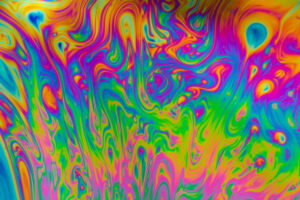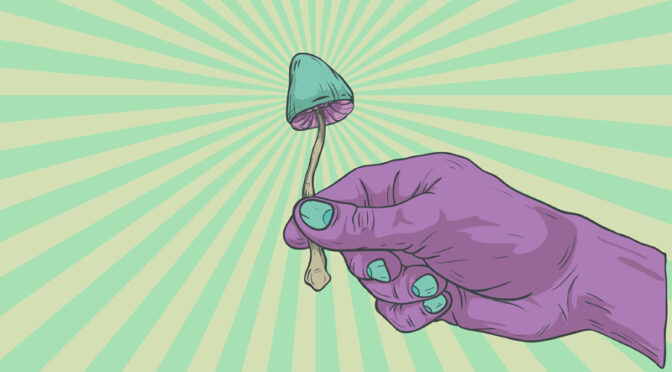Many people suffer from a form of Obsessive Compulsive Disorder (OCD) that seems to be untreatable with today’s medical standards. In fact, some statistics show that about half of people with OCD don’t respond to treatment they’re given, whether it’s in the form of prescribed medication or lifestyle practices like yoga and mindfulness meditation.
But a new study might be opening the door for treatment that actually works, especially for those who are unresponsive to other options!
More on OCD
OCD is a mental “disorder”, characterized by either obsessions, compulsions or both. Obsessions are uncontrolled thoughts that are interrupting and won’t go away. These obsessions cause a lot of anxiety, and can diminish quality of life greatly.
Compulsions are repeated actions that are usually associated with quelling the problem at the root of the obsession. As a small example, if the obsessive thought is that dangerous people are always around, the compulsive action might be to double and triple check locked doors.
OCD is not just a quirk, it’s a serious disorder that can get in the way of accomplishing daily tasks and having fruitful, healthy relationships. Many OCD symptoms fall into one of these categories:
- fear of contamination or germs
- checking for harm and danger
- perfectionists with fear of punishment
- need to count and arrange things in order
- hoarders with fear that harm will come if things are thrown away
The Study

9 participants took a single dose of psychedelic agents once a week for 4 weeks, while researchers monitored them over the course of the first eight hours, and then overnight. Each of these participants had been clinically diagnosed with OCD and had not found success in other treatment plans.
Results showed that the psychedelics produced positive effects almost instantly, and continued well after 24 hours to relieve the distressing symptoms of obsessive compulsive disorder. There didn’t seem to be a minimum dosage to produce the positive effects.
It’s important to note that one of the subjects showed a mild side effect of increased blood pressure, so it’s important that further research is done on safe levels of the hallucinogenic as a treatment.
So what?
A lot of the time, clinical OCD is very closely connected with a real-life trauma that has happened in the person’s past. If you or a loved one have been diagnosed with OCD, or suspect you may have it, it’s a good idea to explore the roots of the disease, and hallucinogenics can help with that.
Psychedelic substances are widely used in many spiritual contexts, and often work to leave room for the experiencer to open up to what they’ve been trying to bury into their subconscious.

Using psychedelics medicinally as well as spiritually might be the perfect pair for truly finding healing from the disorder.
We’re hoping that more work can be done to allow for more people to access the power of psychedelics for mental health.
This article was written by The Hearty Soul. The Hearty Soul is a rapidly growing community dedicated to helping you discover your most healthy, balanced, and natural life.
Sources:
http://www.maps.org/research-archive/w3pb/2006/2006_Moreno_22868_1.pdf
http://www.huffingtonpost.com/entry/can-psychedelics-cure-ocd_us_57a34716e4b0c863d4004453
http://www.cmha.ca/mental_health/obsessive-compulsive-disorder/#.V8nFAZgrLIU
http://www.helpguide.org/articles/anxiety/obssessive-compulsive-disorder-ocd.htm

